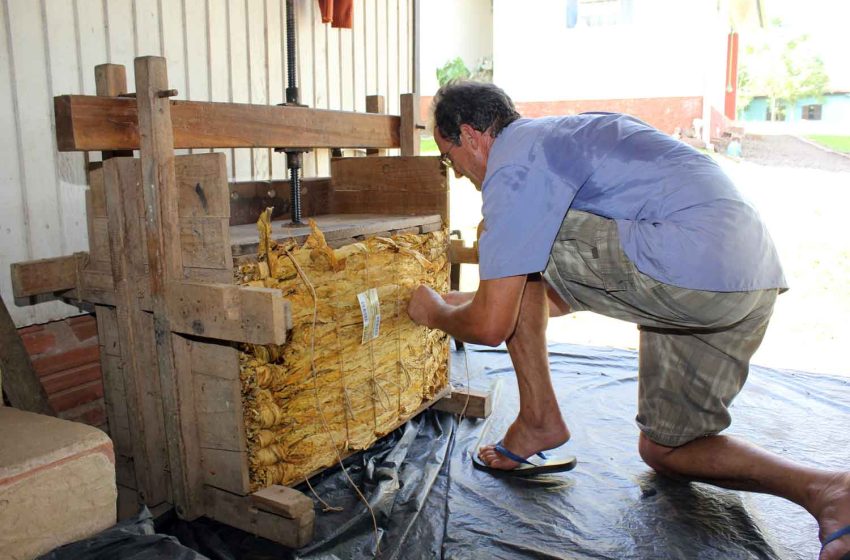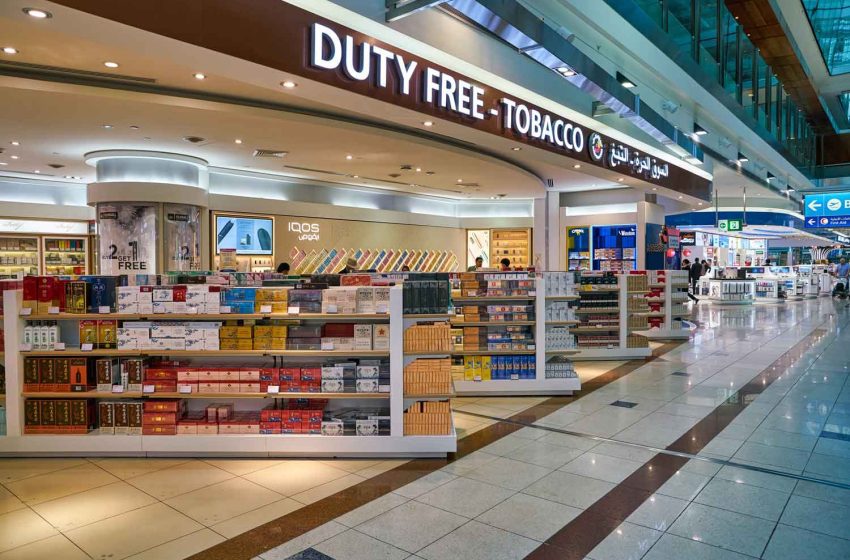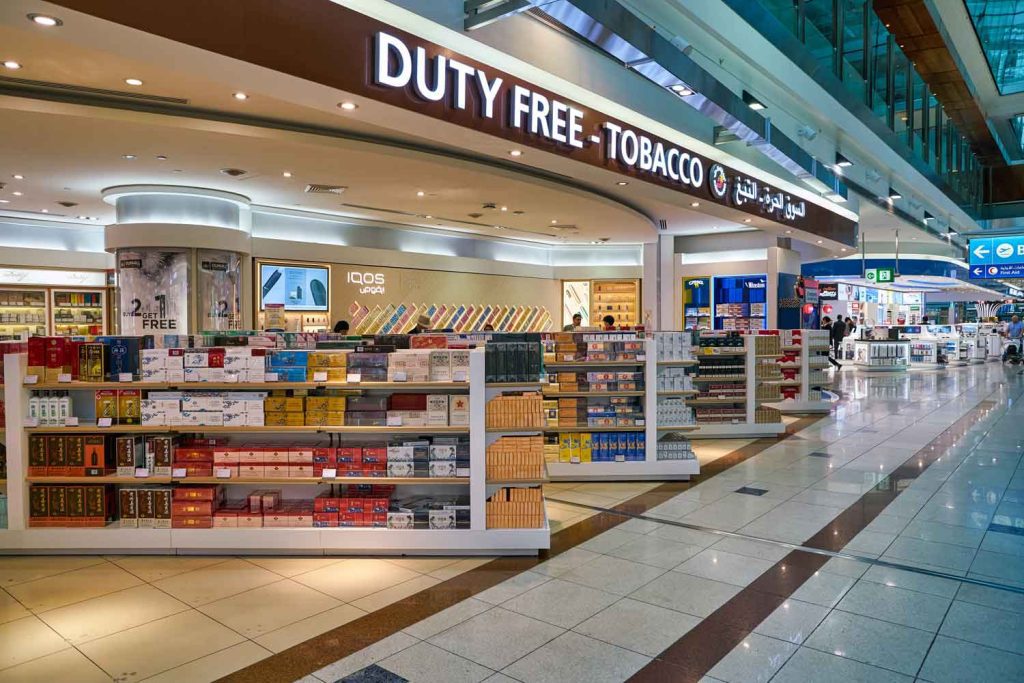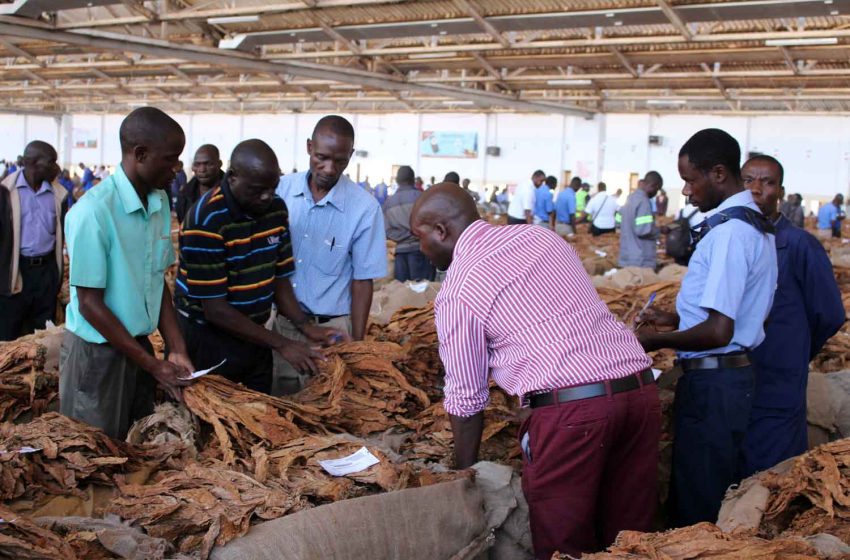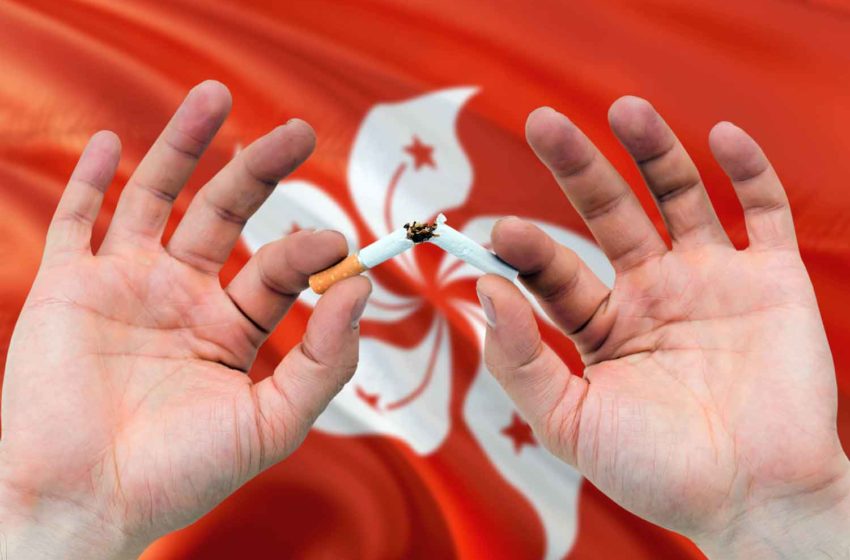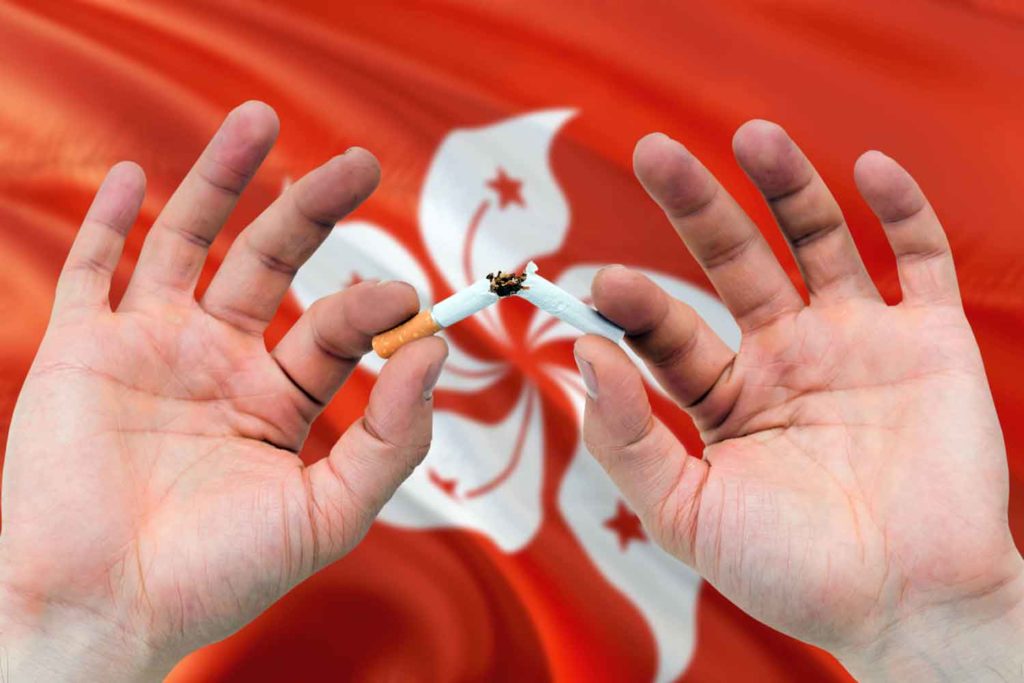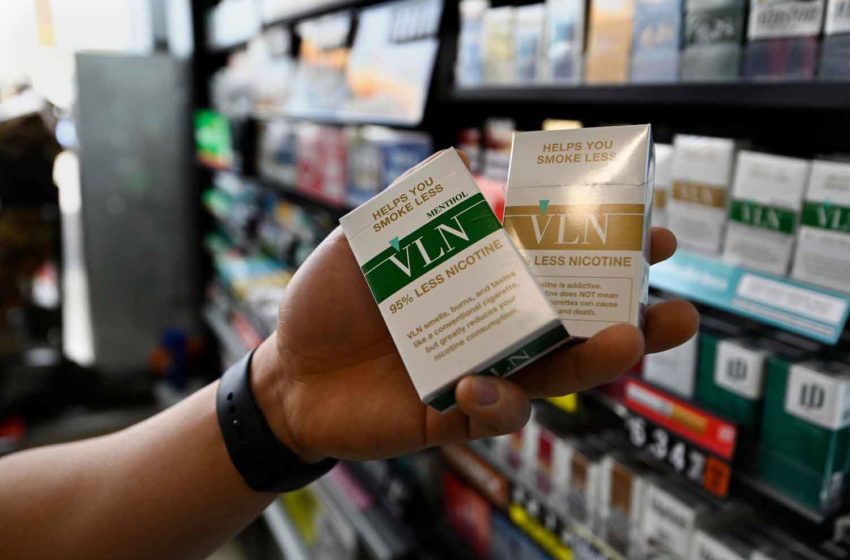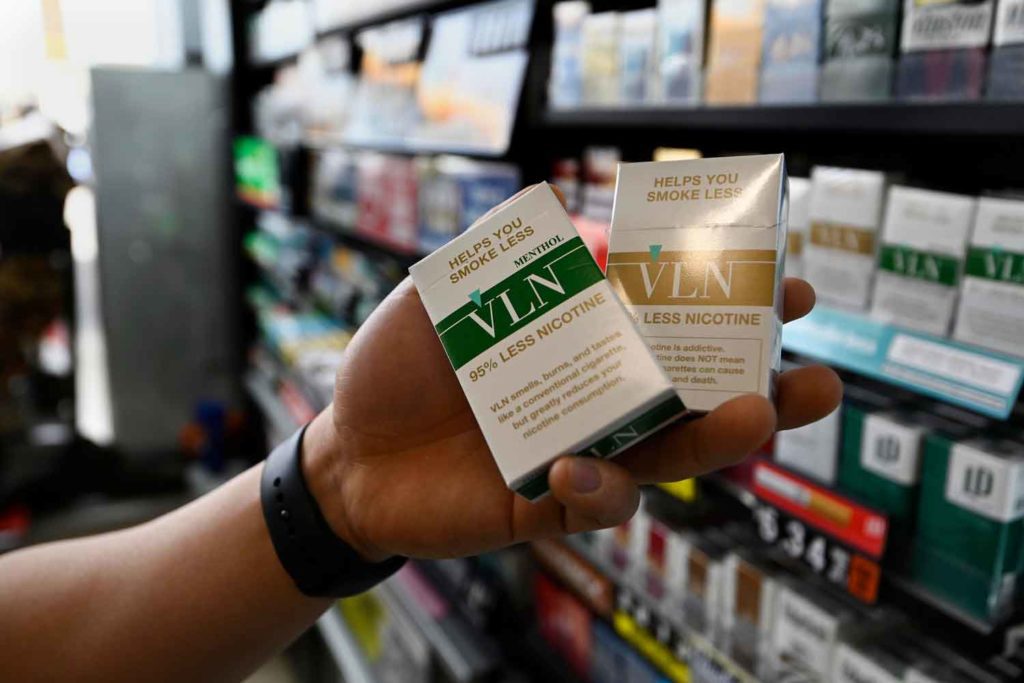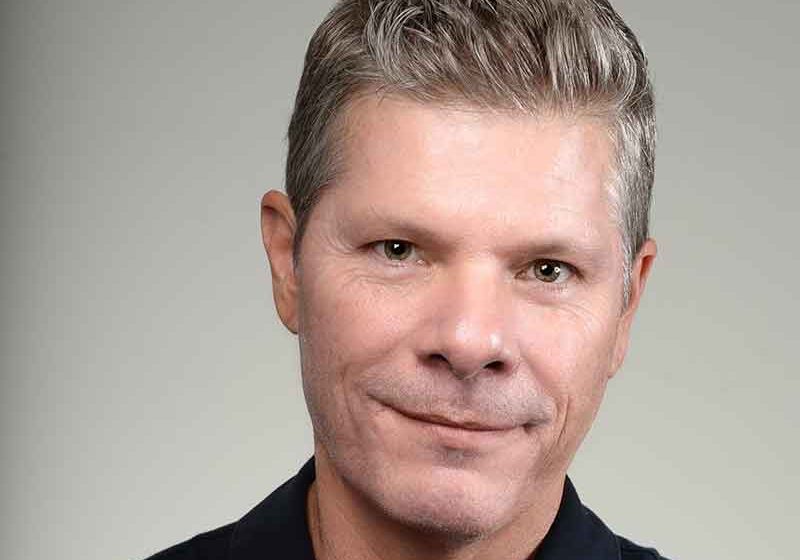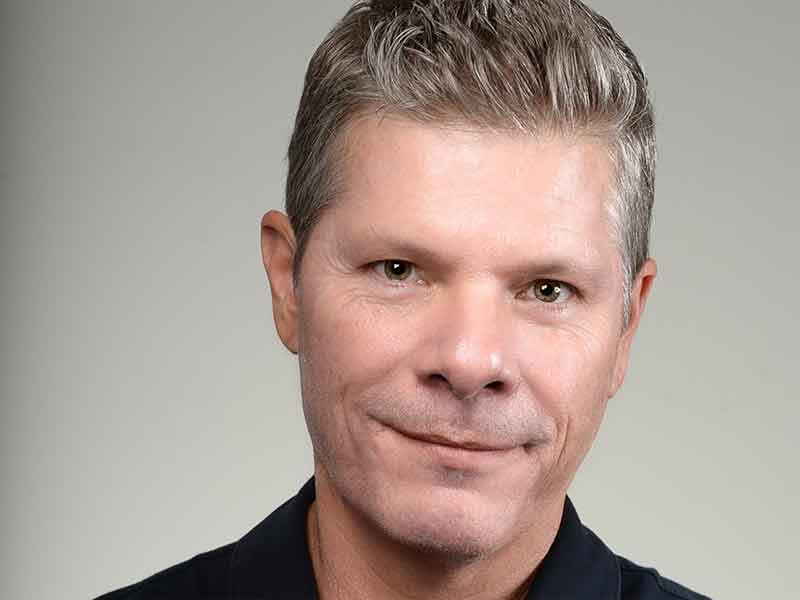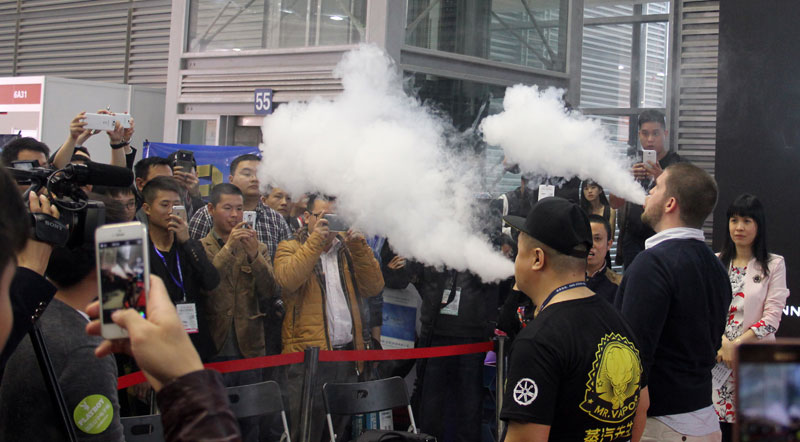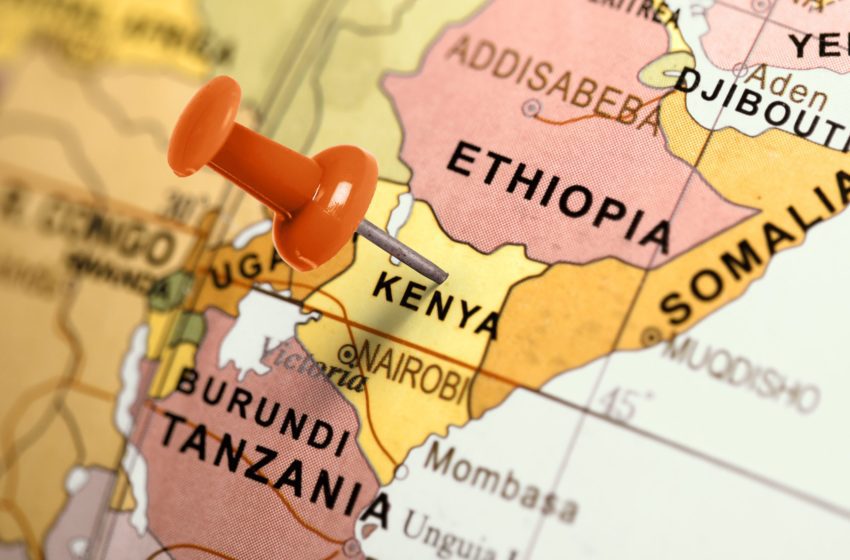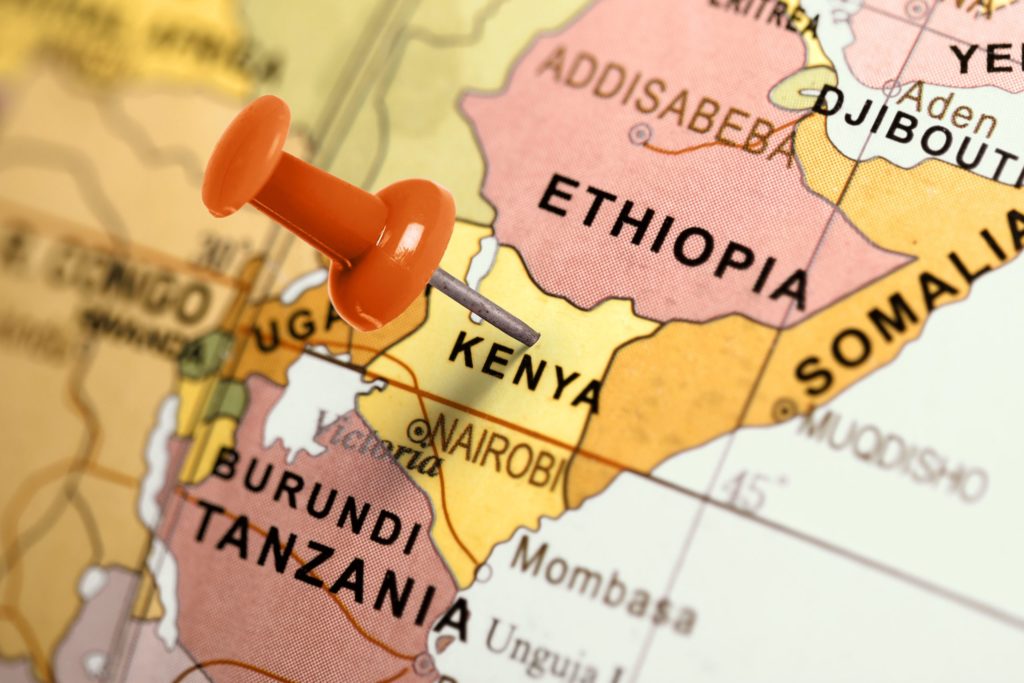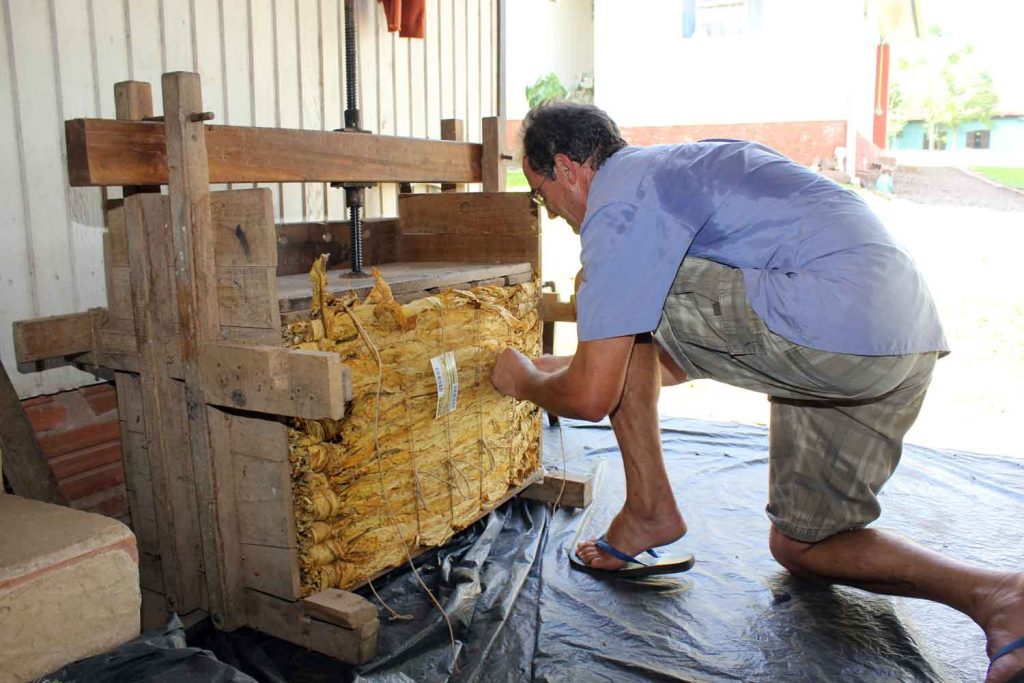
Tobacco supply chain representatives met with the Brazilian minister of agriculture, Carlos Favaro, on July 12, to ask his support ahead of the upcoming 10th Conference of the Parties (COP10) to the World Health Organization’s Framework Convention on Tobacco Control (FCTC).
“Brazil is the top exporter of tobacco worldwide and has occupied this position for 30 years now and is the second largest producer,” said Iro Schunke, president of the Interstate Tobacco Industry Union (SindiTabaco), in a statement.
“For this leadership role, Brazil should be a protagonist in defending a crop that contributes decisively to the socioeconomic progress of several cities, especially in the south region of the country. Historically, the Ministry of Agriculture has been an ally of the productive sector within this context because it has a good grasp of the impacts of the directives coming from the FCTC could have on the thousands of people who derive their livelihood from this crop, which is processed and exported. This is the stance we again expect from the ministry.”
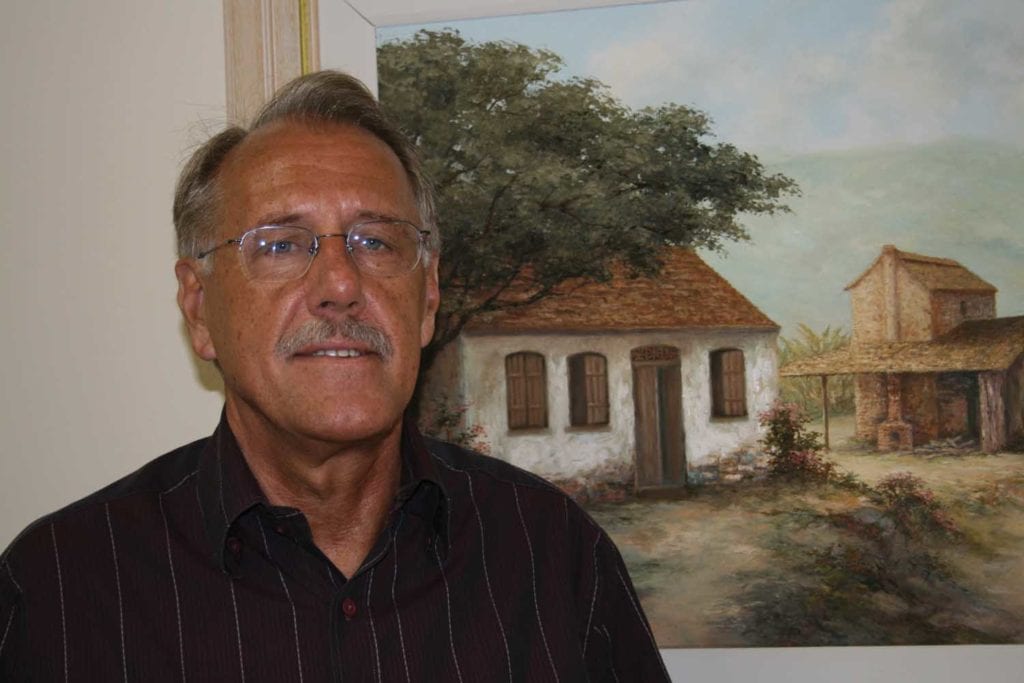
Brazil should be a protagonist in defending a crop that contributes decisively to the socioeconomic progress.
Iro Schunke, president, SindiTabaco
The meeting was also attended by Benicio Albano Werner, the president of the Tobacco Growers’ Association of Brazil (Afubra); Giuseppe Lobo, executive director of the Brazilian Tobacco Industry Association (Abifumo); Guido Hoff, executive director of the Association of the Tobacco Growing Municipalities (AmproTabaco); Carlos Joel da Silva, president of FETAG-RS; Romeu Schneider, president of the Tobacco Sectoral Chamber; and Helena Hermany, mayor of Santa Cruz do Sul.
COP10 is scheduled to take place in November in Panama.

